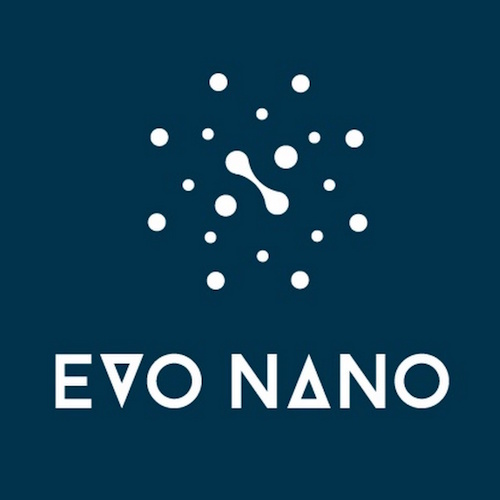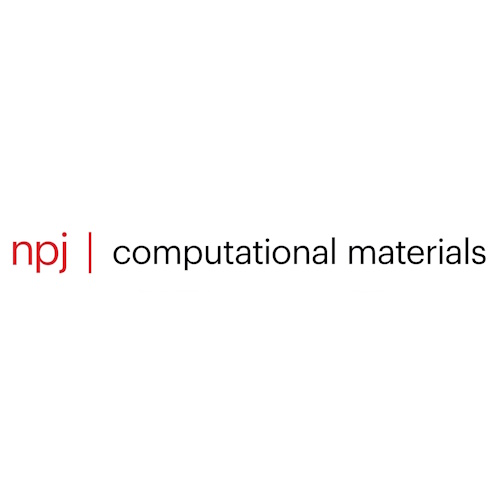Key points from article :
Pioneering new research paves the way for A.I. developed nanomedicines that target cancer cells more efficiently.
EVONANO allows virtual tumours to optimise design of nanoparticle-based drugs before they are tested on patients.
Could prove useful in the development of targeted cancer treatments without the need for extensive trial and error.
"The physiological effect of tweaking nanoparticle parameters can now be simulated at the level of detail that is nearly impossible to achieve experimentally," lead author Igor Balaz explained.
Nanoparticles are tiny vehicles that can be engineered to transport drugs to tumours.
Their design changes their ability to move in the body, and correctly target cancer cells.
Using a machine learning technique called artificial evolution, the researchers fine tune designs.
Platform will be used to discover new nanoparticle strategies that can be tested in the laboratory.
The software is open source, so there is hope other researchers will use it to build their own AI-powered cancer nanomedicine.
Research by University of Novi Sad published in Nature journal Computational Materials.







